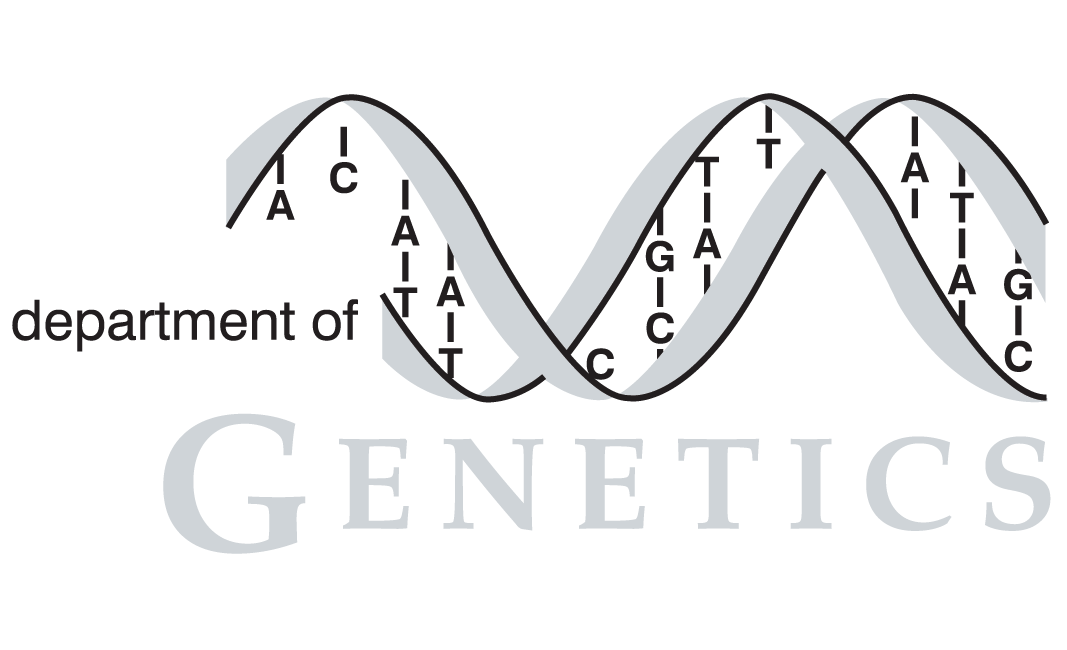| Citation | Chirichella M, Lisi S, Fantini M, Goracci M, Calvello M, Brandi R, Arisi I, D'Onofrio M, Di Primio C, Cattaneo A . Post-translational selective intracellular silencing of acetylated proteins with de novo selected intrabodies. Nat Methods, 2017. |
| PubMed ID | 28092690 |
| Short Description | Transcriptomic study on yeast expressing an intracellular antibody against acetylated-K9-H3 Histone |
| # of Conditions | 12 |
Full Description

|
Post-translational modifications (PTMs) of proteins, such as acetylation or phosphorylation, represent a huge untapped source of targets of great biological and therapeutic potential, but their validation can only be indirect. PTMs cannot be selectively hit by the powerful nucleic-acid based interference approaches. Antibodies represent a class of molecules that could be exploited to selectively target PTMs. However, currently it is not possible to systematically derive antibodies that selectively bind PTMs of a native protein and work intracellularly to achieve a native PTM-selective interference. We developed the Post-translational Intracellular Silencing Antibody technology (P.I.S.A.), a new method for the selection of intrabodies targeting the native PTM version of proteins and their use for PTM targeting in cells. We used PISA to select an intrabody against acetylated-K9-H3 Histone (ScFv-58F). Microarray study is aimed at the investigation of ScFv-58F-specific changes in gene expression in yeast, in comparison to yeast expressing a control intrabody (ScFv-112A, anti-acetyl-Integrase, selected with PISA), and to a wild type yeast. |
Tags
 |
Contact: sgd-helpdesk@lists.stanford.edu


